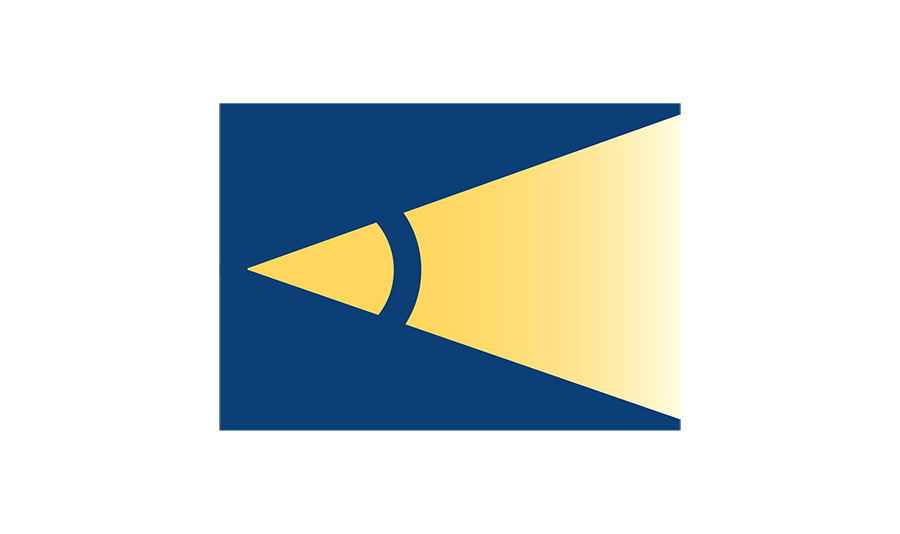Ensuring access to medicines and health products to combat antimicrobial resistance
WHO strives to improve countries’ access to essential antimicrobials and champions the responsible use of such medicines. WHO also works to help countries access health products like diagnostics and vaccines, without which diseases cannot be effectively identified, treated or prevented.
Access to affordable, high-quality medicines and health products is crucial for the control of antimicrobial resistance (AMR) and for achieving universal health coverage. Clinical laboratories and health care settings need supplies to test and diagnose patients, so clinicians can provide the right treatment and so infections caused by resistant pathogens can be detected and monitored, for AMR surveillance purposes. Shortages of essential antimicrobials can cause inappropriate prescribing and dispensing, which can lead to resistant microbes emerging and spreading.
To encourage the prudent use of antimicrobials, slow down AMR and preserve the effectiveness of treatment, WHO maintains a list of critically important antimicrobials for human medicines and guidance on the use of medically important antimicrobials in food-producing animals and plants. Countries rely on WHO’s reference publications, especially when devising AMR risk assessment and management strategies and deciding on priorities.
WHO runs a formal stakeholder collaboration platform – the WHO/Europe Access to Novel Medicines Platform (NMP) – to make novel medicines accessible to patients across the Region. The NMP includes a Working Group on Novel Antimicrobials that focuses on identifying policy options for sustainable innovation and access to novel antimicrobials.






